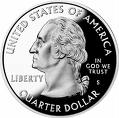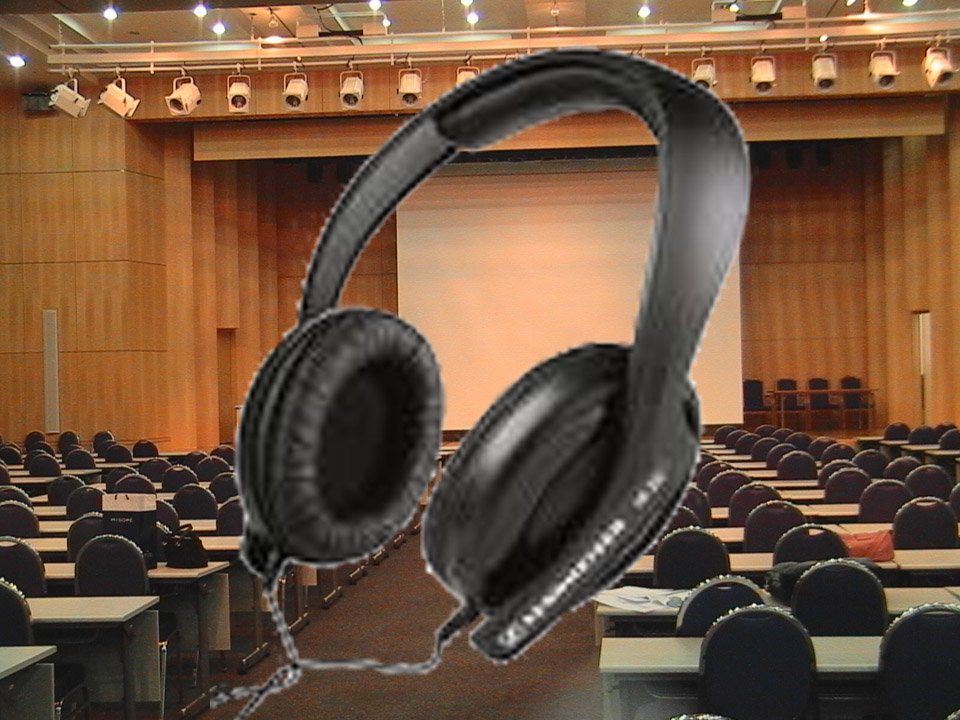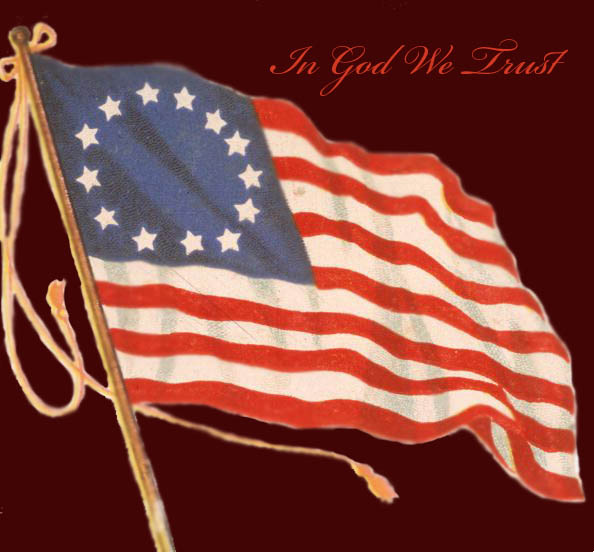A California Matter
A California Matter
A nations people are responsible for the quality of civil government under which they live. The people themselves determine how much of their individual lives are directed, regulated, controlled, and restrained by the state. The quality of civil government diminishes in proportion to a peoples increasing need for the force of law in the government of their individual lives. The basest form of civil government therefore being the all-powerful state having the rule over a nation of slaves, of individuals having no property in themselves, in their wills, nor in the means of their own livelihoods. Like dependent children, the people require the care, oversight, and superintendence of paternal civil government.
The cornerstone of the government of The United States of America is, uniquely, individual self-government. The individual guided by the Law of Nature and by Natures God was the principle of law. Individual self-government in America produced a form of state or civil government which, of all governments in the history of mankind, is the least intrusive into the life, liberty, and property of the individual. For 150 years or so, all matters pertaining to the private and local spheres of government were efficiently and proficiently managed privately and locally.
Shortly after the establishment of the Constitution in 1789, Americans, already softened in character and weakened in their capacity for individual self-government, gradually ceased to exercise their liberty to govern themselves, their homes ,and the means of their livelihoods and then relegated these to the government of those few who, in the name of social or collective good, are always more than happy and willing to advantage themselves with greater and greater power at the expense of the individual.
Individuals, since, have painfully learned what a consuming, voracious appetite the state has for the care of both their private and public lives and for the control of both their individual and local governments. The state grown accustomed to being "all powerful" will not easily relinquish its pretentious powers, but will hold as enemies of the state individuals who challenge the legitimacy of those powers. But the fundamental principles of America, the Law of Nature and The Law of Nations, are divine, absolute, universal, and undeniable, demanding only that the people have the faith and fortitude to execute them.
Households in California which are exercising their liberty to have direct oversight of the education of their own children have been of recent weeks put in a defensive posture; though made adversaries of the state, reasonable home-educating households make adversaries of no one. For the liberty which households have in placing their children in the states educational system is the same liberty which causes households not to avail themselves of that system. These decisions are decisions of conscience. No one's conscience is to be imposed upon anothers.
When the state overreaches in its authority and gives itself permission to do harm against an individual's life, liberty, and property, it is the responsibility and duty of the people, under God, to use all lawful means to defend themselves against such offenses. For, ultimately, the divinely ordained purpose of civil government is to secure each one's life, liberty, and property; thus is the quality of civil government measured by the extent to which that security is in fact true.
Californians cannot be at war with the laws of their own making, less they be at war with themselves. If the state has overreached by interfering in local and household governments, then it is only because Californians have consented that the state do so. Once, however, the people are awakened to their own erroneous application of the powers of civil government, it is the responsibility of the people of California to lawfully resist, rescind, amend, or overturn those unjust laws and decisions. Laws are either just or unjust according to the spirit and letter of the Constitution of The United States of America, the supreme law of the land.
Modern America has been separated from its own history for seemingly far too long. The controversies and challenges presently issuing from within the local and national spheres of civil government are the direct consequences of the American peoples ignorance, willful or innocent, of the principles which established this nation and which promote the greatest liberty for the individual and the greatest individual capacity for self-government that the world has ever known.



